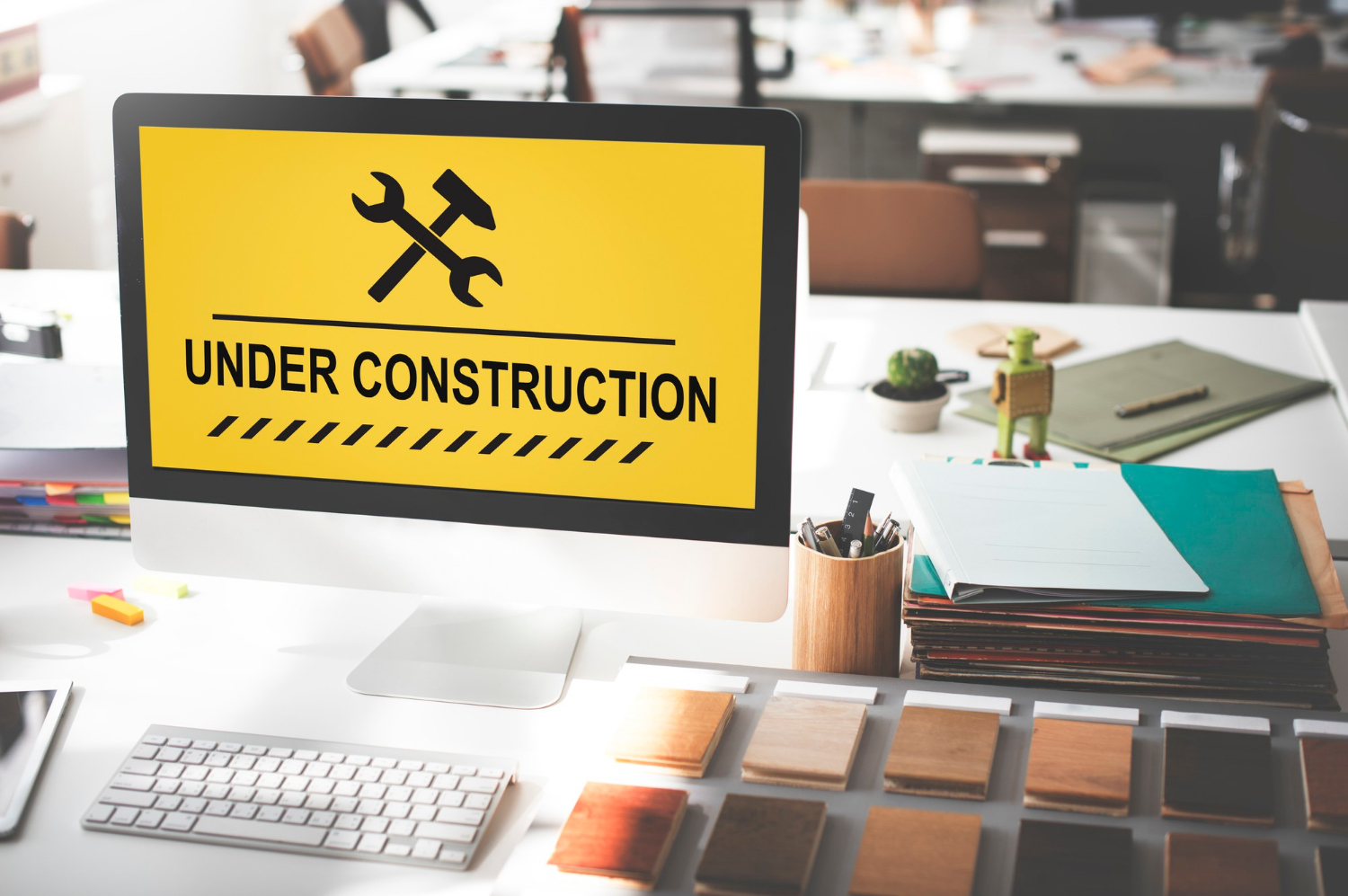Website maintenance is a crucial aspect of running a successful online presence, yet it is often overlooked or underestimated by many businesses and individuals. In this article, we will explore the common website maintenance mistakes that can have detrimental effects on the performance, security, and user experience of a website. By understanding and avoiding these pitfalls, website owners can ensure that their online platforms remain reliable, secure, and optimized for continued success.
Common Website Maintenance Mistakes to Avoid
1. Importance of Website Maintenance
1.1 Ensuring Smooth Functionality
Imagine your website is like a car; without regular maintenance, it’s bound to break down when you least expect it. Keeping your website well-maintained ensures that it runs smoothly without any glitches or errors.
1.2 Enhancing User Experience
Just like a cozy café with great ambiance keeps customers coming back, a well-maintained website enhances user experience. Regular updates and fixes show that you care about providing a seamless and enjoyable browsing experience.
2. Lack of Regular Updates
2.1 Risks of Outdated Software
Using outdated software on your website is like trying to win a modern-day dance competition with moves from the ’90s. It exposes your site to security vulnerabilities, bugs, and compatibility issues that can compromise its performance.
2.2 Benefits of Regular Updates
Regular updates are like giving your website a fresh coat of paint – they keep it secure, improve performance, and add new features. Embrace updates like a hot latte on a chilly morning; they may not be flashy, but they’ll keep things running smoothly.
3. Ignoring Security Vulnerabilities
3.1 Common Security Threats
Ignoring security vulnerabilities is like leaving your front door wide open in a sketchy neighborhood. Common threats like malware, hackers, and data breaches can wreak havoc on your website and compromise sensitive information.
3.2 Importance of Security Patches
Installing security patches is like giving your website a suit of armor to fend off cyber threats. Stay on top of security updates like a vigilant guard dog; they help protect your site from potential attacks and keep your data safe.
4. Neglecting Backup Procedures
4.1 Importance of Regular Backups
Neglecting backup procedures is like playing Russian roulette with your website – one wrong move and you could lose everything. Regular backups ensure that you have a safety net in case of disasters like server crashes, hacks, or accidental deletions.
4.2 Implementing Backup Strategies
Implementing backup strategies is like having a spare key hidden outside your house – it’s a lifesaver when you need it. Set up automated backups or manual procedures to regularly save your website’s data and content, so you can always restore it in case of emergencies.# 5. Overlooking Mobile Responsiveness
Ah, the age-old mistake of forgetting that our phones are basically an extension of our bodies now. When it comes to website maintenance, overlooking mobile responsiveness is like forgetting your keys – you’re not going anywhere.
5.1 Impact of Mobile Optimization
Mobile optimization isn’t just a fancy term thrown around by tech gurus. It’s the difference between users seamlessly browsing your site on their phones or angrily trying to pinch and zoom their way to frustration. Make sure your website is as smooth as butter on mobile devices.
5.2 Ensuring Cross-Device Compatibility
Gone are the days when everyone accessed websites from just a desktop computer. Today, your site needs to be a chameleon, adapting to different devices like a versatile superhero. Ensure cross-device compatibility so that whether your users are on a smartphone, tablet, or laptop, they have a top-notch experience.
6. Failing to Monitor Website Performance
It’s like driving a car blindfolded – you have no idea where you’re going or how fast you’re getting there. Failing to monitor website performance is a surefire way to crash and burn in the digital world.
6.1 Key Performance Metrics
Don’t just wing it and hope for the best. Keep an eye on key performance metrics like page load speed, bounce rate, and conversion rates. These little nuggets of information can guide you towards success or warn you when things are going downhill.
6.2 Tools for Monitoring Performance
Thankfully, we live in an age where there are tools for everything – even for keeping tabs on your website’s performance. From Google Analytics to Pingdom, these tools are like your trusty sidekicks, helping you navigate the treacherous waters of website maintenance.
7. Disregarding SEO Optimization
SEO, the three-letter acronym that strikes fear into the hearts of many website owners. But fear not, for SEO is not the beast lurking in the shadows; it’s your best friend in the world of online visibility.
7.1 Importance of SEO for Visibility
Think of SEO as your website’s personal cheerleader, shouting from the digital rooftops about your existence. Without SEO optimization, your website might as well be a hermit living in a cave – no one will know you’re there.
7.2 Best Practices for SEO Maintenance
Keywords, meta tags, backlinks – oh my! SEO maintenance can feel like navigating a maze blindfolded. But fear not, with a bit of research and the right tools, you can conquer the SEO beast and climb the ranks of search engine results.
8. Not Testing Changes Before Implementation
Making changes to your website without testing is like baking a cake without tasting the batter – you have no idea what you’re serving up. Testing procedures are the safety net that ensures your website changes don’t crash and burn in front of your users.
8.1 Importance of Testing Procedures
Before you hit that publish button on a new feature or design change, take a breath and test it out. You’ll thank yourself when you avoid a potential disaster that could have been easily prevented with a bit of testing.
8.2 Implementing Testing Protocols
Whether it’s A/B testing, user testing, or simply clicking around your website like a curious cat, implementing testing protocols is key to maintaining a website that runs smoothly and keeps your users happy.In conclusion, proactively addressing website maintenance issues is essential for keeping your site running smoothly and effectively. By avoiding the common mistakes discussed in this article and implementing best practices for upkeep, you can enhance the performance, security, and overall user experience of your website. Remember, consistent maintenance is key to sustaining a strong online presence and achieving long-term success.
FAQ
1. Why is website maintenance important?
Website maintenance is crucial for ensuring that your site functions properly, remains secure, and provides a positive user experience. Regular updates and monitoring help prevent issues and keep your online presence optimized.
2. How often should I update my website?
The frequency of website updates may vary depending on your specific needs and the complexity of your site. However, it is generally recommended to update content regularly, check for software updates periodically, and conduct thorough maintenance at least quarterly.
3. What are the consequences of neglecting website maintenance?
Neglecting website maintenance can lead to various issues, including security vulnerabilities, decreased performance, lower search engine rankings, and a poor user experience. Over time, neglecting maintenance can result in site downtime, loss of traffic, and potential damage to your online reputation.



